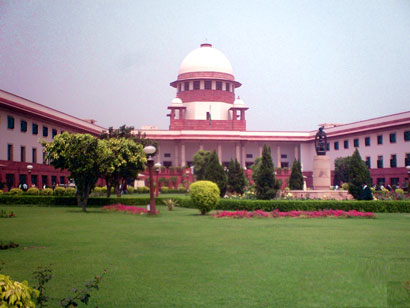In a historic decision, the Supreme Court declared passive euthanasia and the right of persons, including the terminally-ill, to give advance directives to refuse medical treatment permissible.
A Constitution Bench led by Chief Justice of India Dipak Misra, in three concurring opinions, upheld that the fundamental right to life and dignity includes right to refuse treatment and die with dignity.
The fundamental right to a “meaningful existence” includes a person’s choice to die without suffering, the apex court held. The CJI, while reading out the judgment, said that though there were four separate opinions of the bench but all the judges were unanimous that the ‘living will’ should be permitted since a person cannot be allowed to continue suffering in a comatose state when he or she doesn’t wish to live.
The apex court had in 2011 recognised passive euthanasia in Aruna Shanbaug case by which it had permitted withdrawal of life-sustaining treatment from patients not in a position to make an informed decision.
 Dainik Nation News Portal
Dainik Nation News Portal




